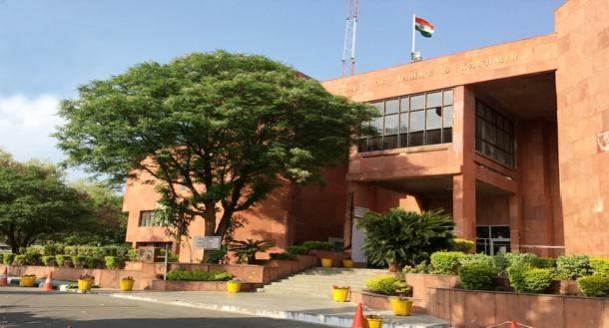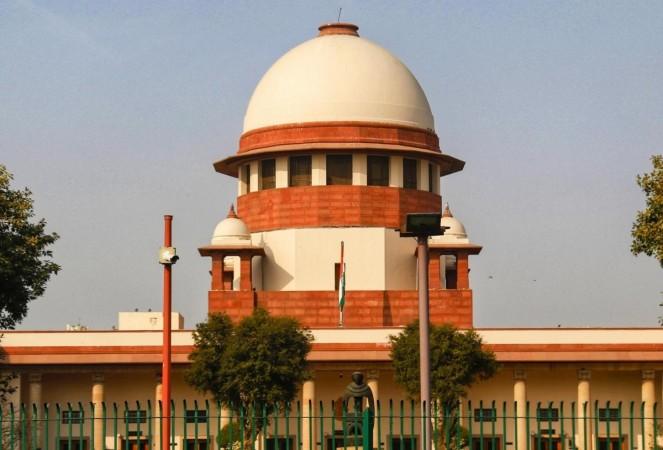
In a significant legal challenge, a special division bench of the Jammu and Kashmir and Ladakh High Court is set to hear a petition next week that contested the authority of the Lieutenant Governor (LG) of Jammu and Kashmir to nominate five members to the Union Territory's Legislative Assembly.
The decision to form a special division bench was made by Chief Justice Tashi Rabstan after petitioner Ravinder Sharma sought an urgent hearing on the matter. Ravinder Sharma's counsel, D K Khajuria, requested a speedy hearing, prompting Chief Justice Rabstan to schedule the petition for consideration on the upcoming Monday.
Ravinder Sharma, a former member of the legislative council, senior vice president, and chief spokesperson of the Jammu and Kashmir Pradesh Congress Committee, was present in court during the proceedings.
The petition challenges certain provisions of the Jammu and Kashmir Reorganisation Act, which grants the Lieutenant Governor the power to nominate five MLAs. Sharma contended that these nominations should be made with the advice and consent of the Council of Ministers. Failure to do so, according to Sharma, undermines key constitutional principles.
The matter has gained significance following the recent J&K elections, where the National Conference-Congress alliance secured a majority with 48 seats in the 90-member assembly.
This case raises critical constitutional questions and could have far-reaching implications for the functioning of the region's governance structure under the current political arrangement.
The matter has now been slated for hearing on the coming Monday.

On Monday Supreme Court declined to hear a petition on this case
The Supreme Court of India, on Monday has refused to entertain a petition challenging the Lieutenant Governor's authority to nominate five members to the Jammu and Kashmir Assembly. A bench comprising Justices Sanjiv Khanna and PV Sanjay Kumar declined to hear the matter, advising the petitioner to first approach the High Court of Jammu and Kashmir and Ladakh.
Petitioner Ravinder Kumar Sharma, represented by Senior Advocate Abhishek Manu Singhvi, argued that the unelected Lieutenant Governor's power to nominate members undermines the democratic process and electoral verdict. Singhvi contended that this provision could lead to manipulation of the assembly's composition and compromise the legitimacy of the elected government.
However, the Court emphasized that it's not inclined to bypass the High Court and pointed out that direct appeals to the Supreme Court often lead to overlooked details.
Background of petition
The case finds its roots in the provisions of the Jammu and Kashmir Reorganisation Act of 2019, which was enacted following the abrogation of Article 370. This Act outlines the framework for the Union Territory's governance and grants the Lieutenant Governor the power to nominate five members to the Legislative Assembly. These nominations are typically intended to represent women, two members of the displaced Kashmir persons, and one from the refugees of the Pakistan-occupied Jammu and Kashmir (PoJK).
However, Ravinder Sharma's petition challenges this provision, arguing that the Lieutenant Governor does not have the sole authority to make these nominations. According to Sharma, such appointments must be made with the advice and consent of the Council of Ministers, as per democratic principles enshrined in the Constitution of India. The petition contends that allowing the LG to exercise this power unilaterally violates the basic structure of the Constitution, particularly the principle of collective responsibility of the executive.
Political Implications
This case is unfolding in a highly charged political environment following the recently held elections in Jammu and Kashmir. The elections resulted in the National Conference-Congress alliance securing a majority, winning 48 seats in the 90-member assembly. The role of the five nominated MLAs could become crucial in the event of a close contest in the future, which is why the legal framework governing their nomination has drawn such intense scrutiny.

















